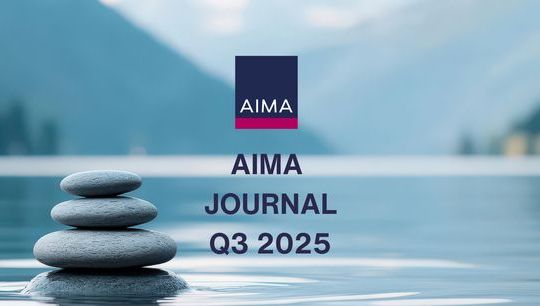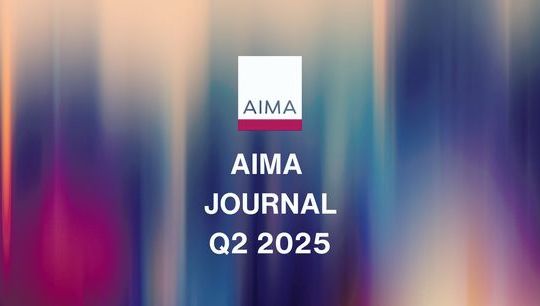Another channel for China’s domestic capital to invest overseas - The new Qingdao Pilot Operation for RMB Funds
By Kenny Lam, Tax Partner, PwC China
Published: 30 September 2015
Due to foreign exchange restrictions, Chinese investors can only invest in overseas markets through certain channels, such as the Qualified Domestic Institutional Investor (QDII) and the Shanghai-Hong Kong Stock Connect programmes.
Introduction of Qingdao Pilot Measures
In order to accelerate the establishment of a wealth management and financial reform pilot area in Qingdao (a coastal city in eastern China), in February 2015 the Qingdao Municipal Finance Service Office and other government authorities jointly introduced ‘Pilot Measures’ for Qualified Domestic Limited Partnerships (QDLP). Under the Pilot Measures, foreign investors can establish an investment entity in Qingdao as a general partner, and set up a Qualified Domestic Investment Fund (“an RMB Fund Enterprise”) to invest in overseas listed securities markets, and explore M&A of overseas unlisted entities and in overseas regulated commodities markets (collectively “overseas markets”). A series of significant breakthroughs have also been made in introducing the qualified foreign investors (QFI) system, including relaxing fund contribution restrictions and broadening the investment scope for RMB Fund Enterprises. In Appendix 1 we illustrate a typical investment operation framework under Qingdao’s QDLP Pilot Measures.
Establishment of a Fund Management Corporation
The Pilot Measures provide that an FMC can be either established as a corporation or a partnership. The main business of an FMC involves setting up an RMB Fund Enterprise, managing it and advising on investments. The FMC would also need to be registered in Qingdao. At least one senior management officer should be appointed as a resident representative in the FMC. This senior management officer has to attend the annual investors’ conference held by the FMC in accordance with a signed agreement.
Although the Pilot Measures make the qualification requirements for the foreign investors, representatives or legal executive partners of the FMC more stringent, there are no specific limitations on the amount of registered capital or the capital injection timeline in the Qingdao Pilot Measures. This is one of the major differentiating factors between the Qingdao Pilot Measures and other pilot areas in China.
Establishment of a RMB Fund Enterprise
Under the Pilot Measures, a RMB Fund Enterprise can be established in the form of a limited partnership, with its main business being to invest self-owned capital into overseas markets. The RMB Fund Enterprise can invest in overseas listed securities as well as in M&A businesses in overseas unlisted entities and regulated commodities markets.
The Pilot Measures also require the RMB Fund Enterprise to appoint a qualified commercial bank in Qingdao as custodian bank. This will operate the business of RMB and foreign exchange settlement within the quota approved by the Working Group.
Investment restrictions on a RMB Fund Enterprise
The Pilot Measures stipulate that a RMB Fund Enterprise can directly invest in overseas markets or make investments via overseas funds. However, it cannot make investments directly in China or invest through a qualified foreign institutional investor (QFII) or qualified foreign limited partnership (QFLP). The qualified RMB Fund Enterprise can only make investments in overseas markets by using RMB or foreign currencies within the quota permitted by the Working Group. The RMB Fund Enterprises can apply to the Working Group for extra credit if and when it reaches its investment quota. The Qingdao Pilot Measures do not specify the investment quota of a RMB Fund Enterprise.
Supervision of a RMB Fund Enterprise
Apart from the requirements on performance and internal control of foreign investors and their representatives, the Pilot Measures also impose requirements on the custodian bank and fund managers of a RMB Fund Enterprise. Fund managers and custodian banks should report to the Working Group on any significant events or violations made by the RMB Fund Enterprise on a timely basis, and regularly report the net asset valuation. In addition, the Pilot Measures have specific information disclosure requirements.
Policy Trends on RMB Fund Pilot Programmes
Almost three years before the Pilot Measures were published in Qingdao, Shanghai issued its own implementation measures for the QDLP pilot programme in April 2012. Both pilot measures impose similar requirements on the credentials and performance of the FMC and the foreign investors in the RMB Fund Enterprise, as well as on the management’s qualifications. Pilot enterprises in both Shanghai and Qingdao should appoint a qualified local commercial bank as custodian bank to deal with account management.
It is interesting to note that Qingdao’s restrictions on the registered capital of the FMC and the investors’ contribution quota are more relaxed. Additionally, Qingdao has expanded the investment scope of the RMB Fund Enterprise to M&A businesses in overseas unlisted entities as well as regulated commodities markets, which is a breakthrough. It is fair to say that the Qingdao Pilot Measures are more lenient to foreign investors, the FMC and the RMB Fund Enterprise, making it quite attractive as a financial reform pilot area. Further details are set out in Appendix 2: “Comparison of the QDLP Pilot Measures between Qingdao and Shanghai”.
The Qingdao Pilot Measures have paved the way for onshore capital flows into overseas markets, and also allow RMB Fund Enterprises to make investments in overseas listed securities, unlisted companies and regulated commodity markets. We believe the Pilot Measures will be warmly welcomed by Chinese institutional investors and high net worth individuals.







